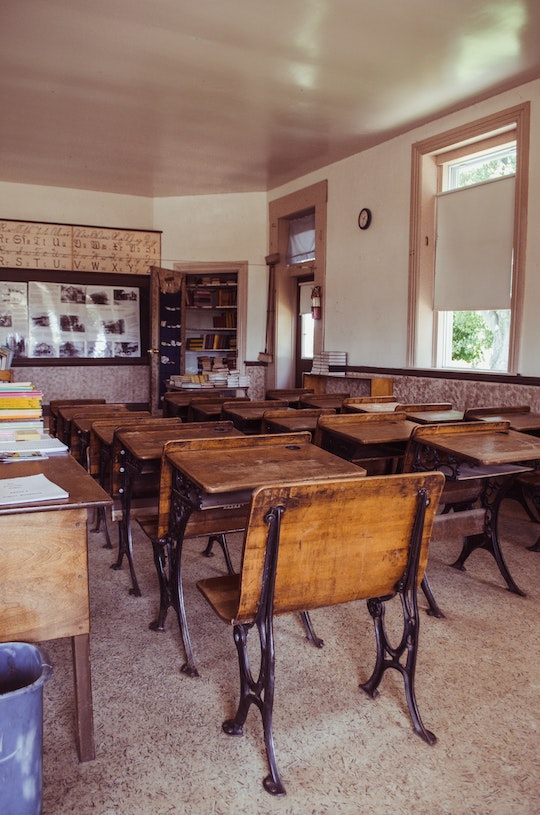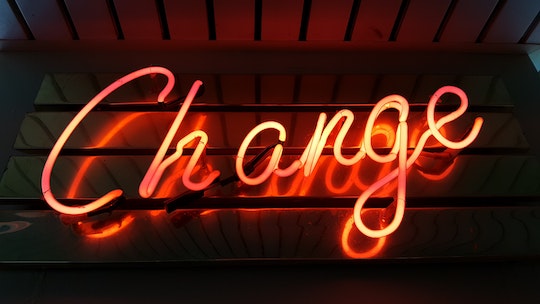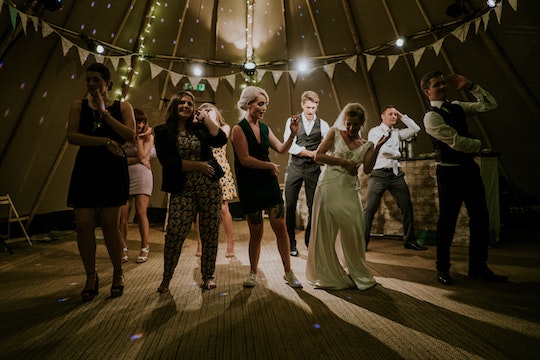“Confront the dark parts of yourself, and work to banish them with illumination and forgiveness. Your willingness to wrestle with your demons will cause your angels to sing.”
—August Wilson, 20th Century American Playwright
Consider the following statement on a one-to-five scale in which one is absolutely not and five is definitely yes.
I have a clear view of where I am and where I am going in my life.
This statement is part of my discovery process to help determine a potential client’s readiness to move their lives forward with a supportive coaching relationship.
For optimal success, these relationships benefit significantly through the deep and thoughtful process of examining and wrestling with their limiting beliefs and habits. Through careful illumination and generous self-forgiveness, each individual will most likely realize far more of their fullest personal and professional potential.
EXERCISE:
What steps can and will you take to more fully examine your own demons to help your angels sing? Consider picking up a copy of the book Taming your Gremlins by Rick Carson as a way to open this door of deeper discovery.
To explore your own readiness for coaching, please consider filling out my free Coaching Readiness Assessment.












